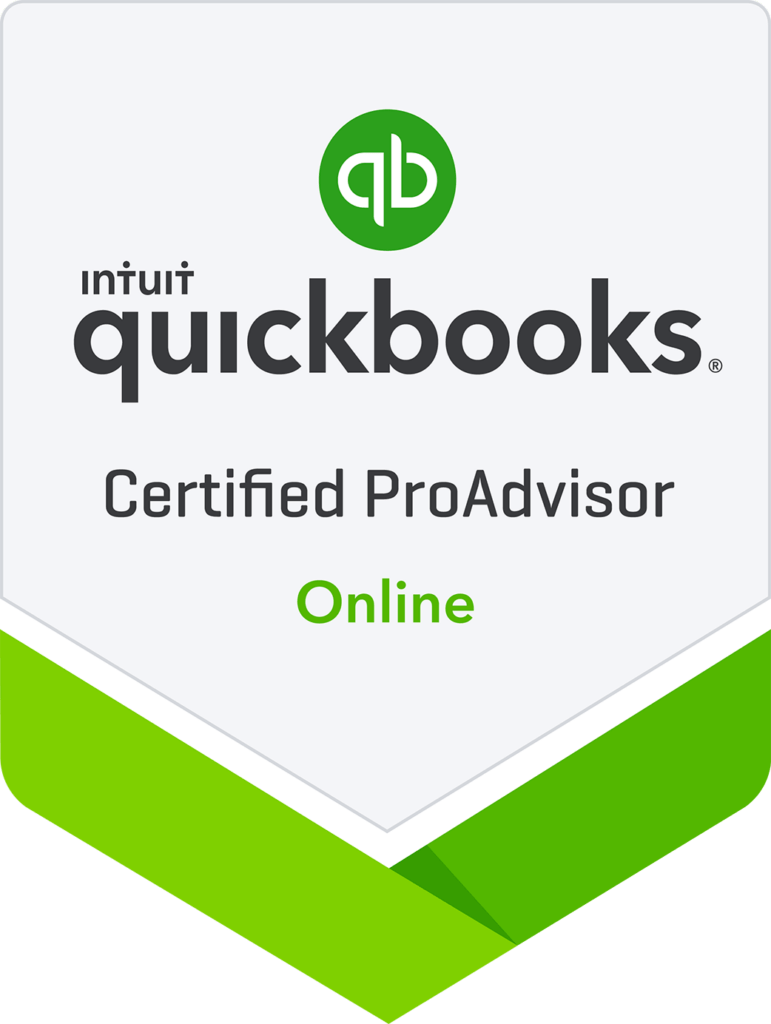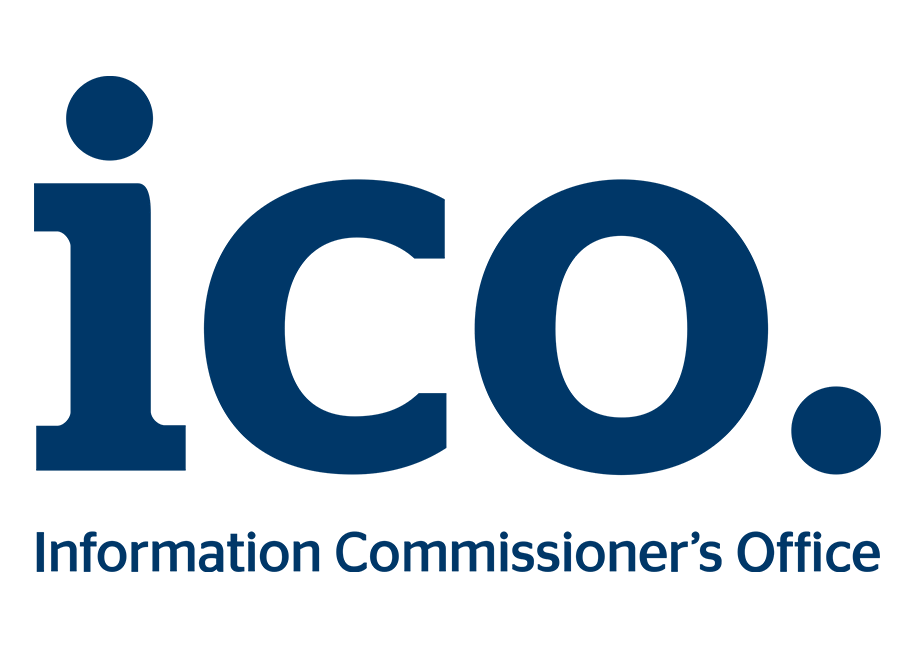How to maintain accurate financial reporting
Financial reporting is a critical component of managing business finances. Accurate and timely financial reports provide valuable insights into a company’s performance, inform decision-making, and ensure compliance with regulatory requirements. In this blog, we will explore the essential aspects of financial reporting for businesses, equipping you with the knowledge to navigate this crucial process with confidence.
Understanding Financial Reporting
Financial reporting involves the preparation and communication of a company’s financial statements to stakeholders, including investors, lenders, and regulatory bodies. The primary financial statements include the balance sheet, income statement, cash flow statement, and statement of changes in equity. Familiarise yourself with these statements and their purpose in presenting a comprehensive view of your business’s financial position.
Accounting Standards and Regulations
Adhere to relevant accounting standards and regulations when preparing financial reports. In the UK, this typically involves following the Generally Accepted Accounting Principles (GAAP) or International Financial Reporting Standards (IFRS). Stay updated with any changes in accounting standards to ensure compliance and accurate reporting.
Accrual Accounting vs Cash Accounting
Understand the difference between accrual accounting and cash accounting. Accrual accounting records revenues and expenses when they are earned or incurred, regardless of when the cash is received or paid. Cash accounting, on the other hand, recognises revenues and expenses when cash is received or paid. Determine which method is suitable for your business and apply it consistently.
Record-Keeping and Documentation
Maintain meticulous records and documentation to support your financial reports. This includes transactional records, invoices, receipts, bank statements, and any other relevant financial documentation. Organised record-keeping facilitates accurate reporting, enables audit trails, and ensures transparency.
Financial Analysis and Ratios
Financial reporting goes beyond presenting numbers; it provides a basis for analysis and decision-making. Calculate and analyse key financial ratios, such as liquidity ratios, profitability ratios, and solvency ratios, to assess your business’s performance and financial health. This analysis helps identify areas of strength and areas that require attention.
Management Discussion and Analysis (MD&A)
Incorporate a Management Discussion and Analysis section into your financial reports. This section provides an opportunity to explain the financial results, highlight significant events or trends, and disclose risks and uncertainties. The MD&A complements the financial statements and provides context for stakeholders.
Auditor’s Report
If your business requires an external audit, engage a reputable audit firm to perform the audit and issue an auditor’s report. The auditor’s report provides an independent assessment of the financial statements, offering credibility and assurance to stakeholders.
Compliance with Regulatory Requirements
Ensure compliance with relevant regulatory requirements when preparing financial reports. This may include filing requirements with Companies House, HM Revenue & Customs (HMRC), and other regulatory bodies. Familiarise yourself with the deadlines and specific reporting requirements applicable to your business.
Seek Professional Guidance
Navigating the complexities of financial reporting can be challenging. Consider engaging the services of a professional accounting firm with expertise in financial reporting. They can provide guidance on compliance, assist in the preparation of financial statements, and ensure adherence to accounting standards and regulations.
Mastering financial reporting is essential for businesses to monitor performance, make informed decisions, and meet regulatory requirements. By understanding the fundamentals of financial reporting, adhering to accounting standards, maintaining accurate records, conducting financial analysis, including a management discussion and analysis section, complying with regulatory requirements, and seeking professional guidance when needed, businesses can effectively communicate their financial position to stakeholders. A trusted accounting firm can provide invaluable support in navigating financial reporting complexities and ensuring accuracy and compliance. Implement these comprehensive guidelines to strengthen your financial reporting practices and enhance the financial transparency of your business.
Check out the following blog from Quickbooks: https://quickbooks.intuit.com/uk/blog/financial-reporting/
To speak to us about our services, please contact us today! https://mavensolutions.co.uk/contact-us/












